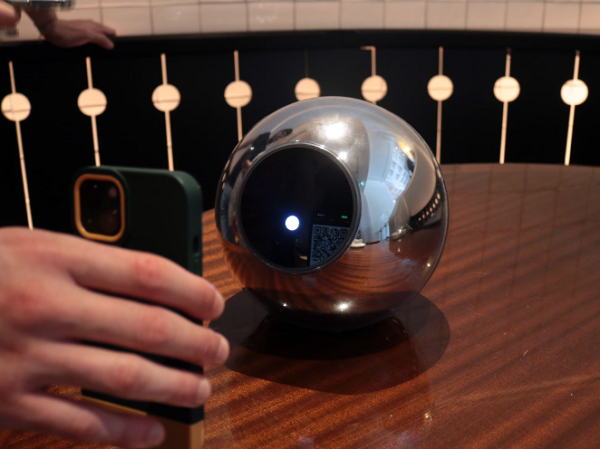Worldcoin has certainly captured a lot of attention, with over 2.2 million individuals signing up for their unique offering. In exchange for getting their irises scanned, participants are receiving a digital ID and, in certain nations, even free cryptocurrency. This initiative is the brainchild of Sam Altman, the founder of ChatGPT, who aims to establish a blockchain-based “identity and financial network.” The cryptocurrency associated with this endeavor, WLD, has maintained a relatively steady value between $2 and $2.50 since its launch on July 24. Surprisingly, it has managed to avoid the volatile patterns commonly seen with many new crypto tokens.
Opinions among investors about the potential of Worldcoin are mixed. Gordon Grant, co-head of trading at Genesis Trading, a company that is not yet offering the token to its clients, highlights the diverse perspectives surrounding the project. He explains, “There are individuals who have taken both positive and negative stances on this project.”
Outlined in Worldcoin’s white paper, their plan involves releasing a total of 10 billion tokens into the market over the next 15 years. Currently, the circulating supply stands at 120 million tokens, accounting for about 1.2% of the total planned future supply, according to CoinGecko data as of Monday.
Worldcoin’s aspiration to create a digital ID system based on what they call “proof of personhood” has garnered enthusiasm from certain tech players. Investors like Andreessen Horowitz have also shown their support for the project. This initiative is a unique proposition in the realm of blockchain-based digital identity systems and has a scale that sets it apart from other startups in the field.
Worldcoin’s prediction is that the need for people to verify their human identity online will become increasingly vital as artificial intelligence bots become more prevalent. However, as is the case with much of the cryptocurrency market, caution is advised. James Butterfill, head of research at CoinShares, anticipates that current buyers are more likely to be retail investors due to uncertainty regarding whether Worldcoin might be classified as a security. The classification as securities by the U.S. Securities and Exchange Commission has been applied to over 50 altcoins—cryptocurrencies smaller than bitcoin and ether—according to CCData.
Germany’s data protection authorities have been investigating Worldcoin since last November, and the company recently had to halt its eyeball-scanning operations in Kenya due to safety concerns. The scrutiny from regulators has raised eyebrows, with analysts like Riyad Carey from the blockchain analytics firm Kaiko pointing out that regulatory investigations typically don’t bode well for a token’s prospects.
Worldcoin maintains that it values privacy and emphasizes that its ID system is constructed to allow for anonymous actions. The company also assures that personal data isn’t shared by default, and biometric images are only shared with Worldcoin if a user opts in. They claim to be working closely with regulatory bodies to address concerns and ensure compliance.
